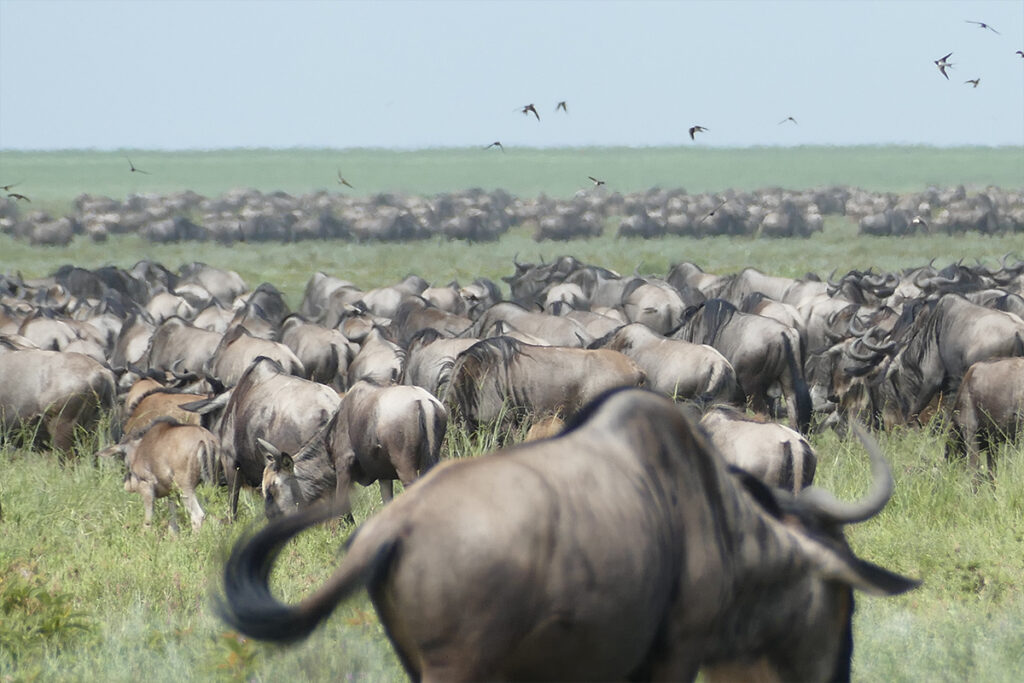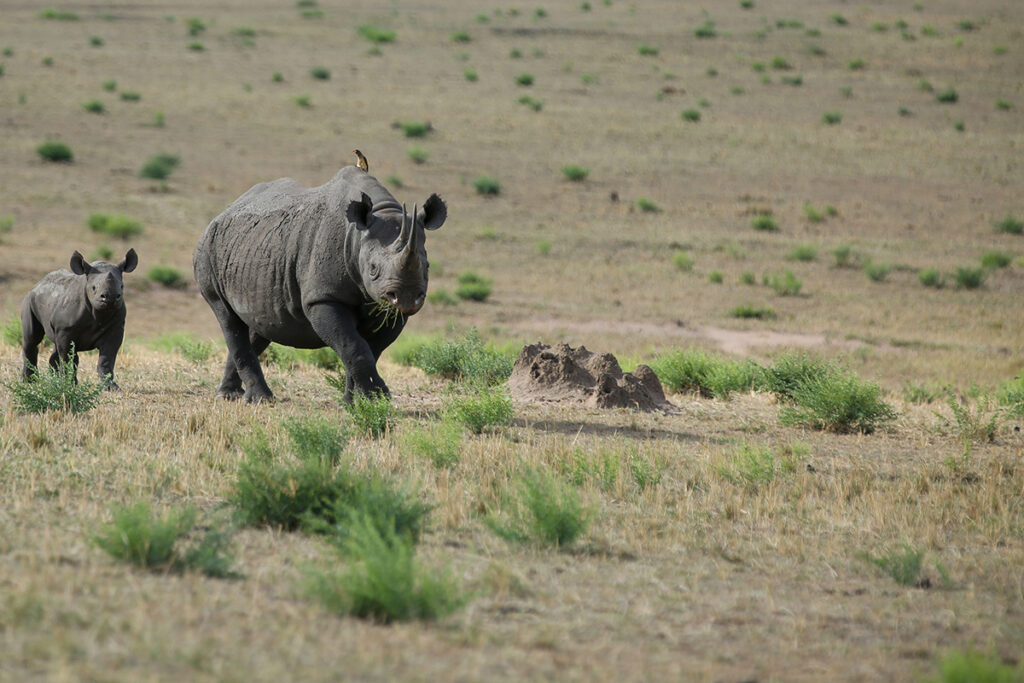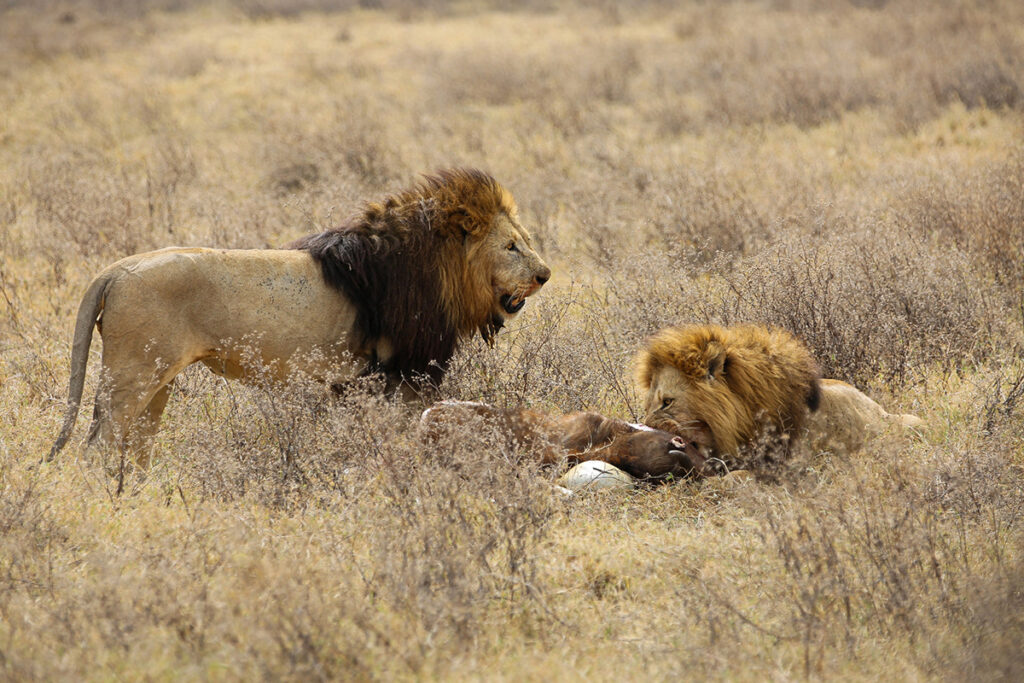Planning a trip to Tanzania in June can be one of the most rewarding travel decisions you make. This month marks the beginning of the dry season, offering ideal conditions for both safari adventures and climbing Mount Kilimanjaro. In this article, we will explore what you can expect when visiting Tanzania in June, highlighting the best experiences and providing tips to ensure a memorable trip.
Why June is Ideal for a Safari in Tanzania
Climate and Weather Conditions
June in Tanzania is characterized by clear skies, moderate temperatures, and minimal rainfall. The dry season, which runs from June to October, is perfect for wildlife viewing as animals gather around water sources and the vegetation is less dense, making sightings easier.
Wildlife Viewing Opportunities
During June, the wildlife is more concentrated in specific areas, making it easier to spot the Big Five (lion, leopard, elephant, buffalo, and rhino) and other iconic African animals. The cooler weather also means animals are more active during the day, providing excellent photo opportunities.
Top Safari Destinations in June
Serengeti National Park
The Serengeti is world-renowned for its incredible wildlife and the Great Migration, which sees millions of wildebeest, zebras, and gazelles move in search of fresh grazing. In June, you can witness the dramatic river crossings as these animals head towards the northern Serengeti.
Ngorongoro Crater
This UNESCO World Heritage Site is a must-visit in June. The Ngorongoro Crater is home to a diverse range of wildlife, and its unique landscape offers stunning views. June’s dry weather makes it an ideal time to explore this natural wonder.
Tarangire National Park
Known for its large elephant herds and baobab trees, Tarangire is less crowded than other parks, offering a more intimate safari experience. The dry season concentrates wildlife around the Tarangire River, providing excellent game viewing opportunities.
Selous Game Reserve
Selous, one of the largest game reserves in Africa, offers a remote and wild safari experience. June is a great time to visit as the weather is cooler, and the chances of spotting rare animals like African wild dogs are higher.
Unique Safari Experiences in June
The Great Migration
One of nature’s most spectacular events, the Great Migration is in full swing in June. Witnessing the mass movement of wildebeest and zebras, along with the predators that follow them, is an unforgettable experience.
Night Game Drives
June’s clear nights are perfect for night game drives, where you can see nocturnal animals like leopards, hyenas, and bush babies. This unique experience offers a different perspective on the African bush.
Walking Safaris
Explore the wilderness on foot with guided walking safaris. June’s dry conditions make it easier and safer to navigate the terrain, allowing for closer encounters with nature and wildlife.
What to Pack for a June Safari
Clothing and Gear
Pack light, breathable clothing for the daytime and warmer layers for the cooler evenings and mornings. Neutral colors are best for blending into the environment. Don’t forget a wide-brimmed hat, sunglasses, and sunscreen to protect against the sun.
Essential Accessories
Binoculars, a good camera, and a field guidebook will enhance your safari experience. Also, bring insect repellent, a reusable water bottle, and a small backpack for day trips.
Kilimanjaro Climbing in June
Weather Conditions on Kilimanjaro
June offers clear skies and stable weather conditions for climbing Kilimanjaro. The temperatures are cooler, especially at higher altitudes, but the dry weather reduces the risk of rain and slippery trails.
Best Routes for June Climbs
The Machame and Marangu routes are popular in June due to their well-established paths and scenic views. The Lemosho and Rongai routes are also excellent choices, offering different perspectives of the mountain and fewer crowds.
Preparing for Your Climb
Physical Preparation
Climbing Kilimanjaro requires good physical fitness. Begin your training several months in advance with a mix of cardio, strength training, and long hikes. Acclimatization is key, so consider doing shorter treks at high altitudes before your trip.
Gear and Equipment
Invest in quality gear, including sturdy hiking boots, thermal layers, a waterproof jacket, and a good sleeping bag. Trekking poles, a headlamp, and a large backpack are also essential. Make sure your gear is broken in and comfortable before the climb.
What to Expect During the Climb
Day-by-Day Breakdown
Your Kilimanjaro climb will be a multi-day journey, typically ranging from 5 to 9 days depending on the route. Each day involves several hours of hiking, with rest periods at designated camps. The final ascent to the summit usually starts at midnight to reach the peak at sunrise.
Scenery and Highlights
As you ascend, you’ll pass through diverse ecosystems, from lush rainforests to alpine deserts. The changing landscapes and breathtaking views are among the highlights of the climb. Reaching Uhuru Peak, the highest point in Africa, is a rewarding and emotional experience.
Health and Safety Considerations
Altitude Sickness Prevention
Altitude sickness is a common challenge on Kilimanjaro. To prevent it, ascend slowly, stay hydrated, and take regular breaks. Some climbers use medication like Diamox to help with acclimatization. Listen to your body and communicate any symptoms to your guide.
Safety Measures
Climbing with a reputable company that follows safety protocols is crucial. Ensure that your guides are trained in first aid and have the necessary equipment for emergencies. Always follow their advice and guidelines.
FAQs
Is June a good time to see the Great Migration?
Yes, June is an excellent time to witness the Great Migration as the herds move towards the northern Serengeti, crossing rivers and attracting numerous predators.
What is the weather like on Kilimanjaro in June?
The weather on Kilimanjaro in June is generally dry with clear skies, though temperatures can be very cold at higher altitudes, especially at night.
How crowded are the parks in June?
June marks the beginning of the peak tourist season, so popular parks like the Serengeti and Ngorongoro Crater can be busy, but it’s still less crowded than in July and August.
What is the best safari gear to bring in June?
Pack light, breathable clothing, warm layers for evenings, a hat, sunglasses, sunscreen, insect repellent, binoculars, a camera, and a field guidebook.
Are there any special events in Tanzania in June?
June is a great time for cultural events and festivals in Tanzania, such as the Karibu Travel and Tourism Fair, which showcases local culture, crafts, and cuisine.



